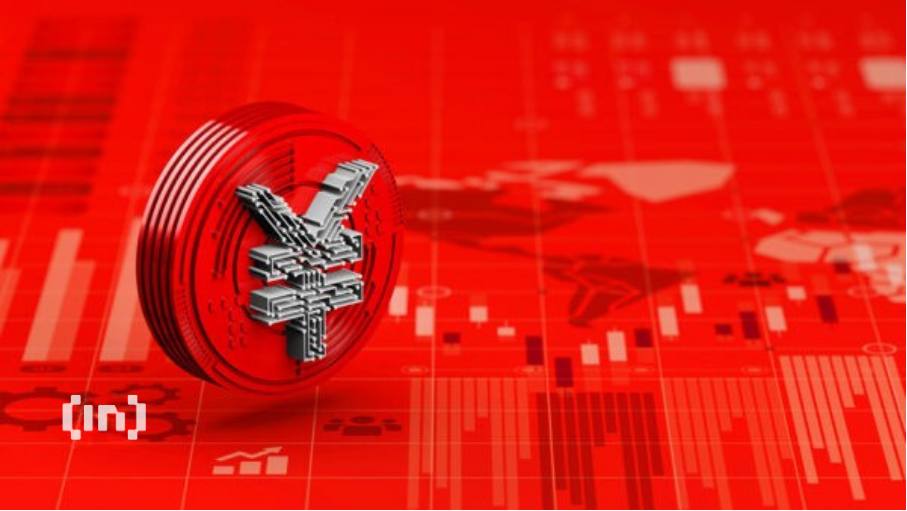After Reuters’ exclusive report of China considering yuan-backed stablecoins, Chinese social media reactions reveal deep divisions over the potential policy shift.
The Chinese government has not admitted or denied the report, and Beijing is unlikely to confirm such sensitive financial policy discussions publicly. Chinese public discussion remains limited, with observable comments mainly appearing on X(former Twitter), which is blocked on the mainland but accessed through VPNs to bypass the Great Firewall.
These social media reactions written in Chinese may represent only a small portion of the country’s public opinion. However, they offer valuable insights into how informed Chinese citizens view the potential yuan stablecoin initiative.
Market Enthusiasm for Stablecoin
Chinese social media users expressed enthusiasm about the yuan stablecoin prospects. TingHu described the development as “good news” for overall market conditions. The user predicted “an additional clean money channel” for Chinese people.
Similarly, Financial analyst qinbafrank provided strategic analysis supporting the initiative. “Yuan-backed stablecoins will likely be offshore yuan stablecoins,” the user explained. The analyst highlighted Hong Kong’s “nearly 1 trillion” offshore yuan market scale.
Optimistic commentators prioritized trade applications, highlighting Belt and Road Initiative countries as primary target markets. Initially, business-to-business scenarios appeared more feasible than consumer applications.
Qinbafrank highlighted the potential for broader regional implementation beyond Hong Kong. The self-introduced “investor in crypto” mentioned Shanghai free trade zones and Hainan as additional pilot locations.
“After Hainan’s customs closure at year-end, it will also be an important testing ground for offshore yuan stablecoins.”
Geopolitical Competition and Challenges
KZG Crypto, a Binance Square commentator, framed the yuan stablecoin as direct competition with US dollar dominance. The analyst noted that current dollar stablecoins hold “99% of the global market share.”
“China this time is clearly trying to break this monopoly pattern.”
The analyst praised China’s strategic shift from its 2021 cryptocurrency ban. “China figured out one thing: the digital currency cake is too big to let America monopolize alone,” KZG Crypto wrote. The commentary highlighted potential Shanghai Cooperation Organization summit discussions as a “clever move” targeting friendly countries first.
WordMaya outlined implementation challenges facing yuan stablecoins under capital controls. The user warned against using overseas public blockchains like Ethereum or Solana.
“Anyone holding or trading stablecoins must first undergo identity verification.”
Andy O questioned the practical impact of using market data. The analyst noted that the yuan dropped to 2.88%, a two-year low, while the dollar occupies 47.19% market share. The user described the potential impact of stablecoin as “completely a drop in the bucket.”
In contrast, Phyrex suggested that yuan stablecoins might actually refer to expanding digital yuan international usage. The blockchain expert wrote, “China is unlikely to issue official fully on-chain circulating stablecoins”. The analyst questioned creating separate systems when central bank digital currencies already exist.
Skepticism and Opposition Voices
User Zhijiangjinyu expressed deep skepticism about the benefits of yuan stablecoins for ordinary citizens. “Yuan stablecoins are just like China’s domestic circulation—they’ll only harvest Chinese people,” the user wrote. The critic warned that stablecoin failures would leave users without recourse for complaints.
The user predicted that yuan stablecoins would help resolve local government debt problems. The critic claimed that the assets backing yuan stablecoins will definitely include local government financing vehicle bonds and hidden debts. The commentary described potential users as “leeks” who would become “harvested” by following government financial trends.
Zhao Tao contributed.
The post China’s Stablecoin: What Chinese People Think appeared first on BeInCrypto.
